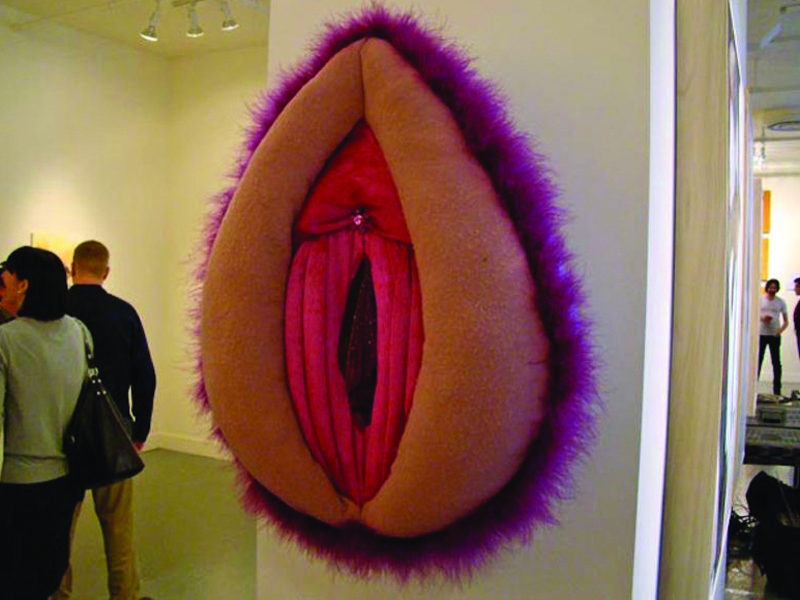The demand for “designer vaginas” is growing, but so is evidence of complications
More than one in 20 women who undergo vulvoplasty will have major complications or need repeat surgery, according to Australian research.
The findings have been welcomed at a time when GPs report they are seeing increasing numbers of women requesting the procedure, some as young as 15.
The new research provides clinicians and patients with access to adverse event figures from an independent, population-based study, rather than relying on anecdotes or surgeon-reported outcomes.
Women who underwent the procedure were 30% more likely to have a caesarean section, one in 23 would go on to have the surgery repeated and one in 10 would have other cosmetic surgery, the study found.
Perianal complications during childbirth were similar among women who’d had a vulvoplasty and those who hadn’t.
That one in 10 women who had a vulvoplasty would at some stage in their life have other cosmetic surgery was a surprising finding, said Dr Amanda Ampt, author of the study and perinatal and child health research fellow at the University of Sydney.
“That compares with 1.7% of a reference population of NSW women – so it’s almost six times the rate,” she said.
“And they are not just minor things, like botox injections,” she said. “They’re breast augmentations, liposuction or a face or brow lift, which may be quite serious operations.”
The study linked NSW hospital records to perinatal data from 2001-2013.
During that period, 4592 vulvoplasty procedures were reported in total – increasing 64.5% annually.
“Plastic surgery for unacceptable cosmetic appearance,” was the third most cited reason for having the procedure among women in private hospitals – where the bulk of procedures were performed – compared with 23rd in public hospitals.
Excluding women who had other gynaecological procedures at the same time, one in 20 had a serious adverse event either during the procedure admission, or readmission within two weeks, Dr Ampt said.
These complications included haemorrhage, infection, urinary tract issues and other adverse events, such as wound breakdown.
But because the study captured only outcomes within the first two weeks of the procedure, long-term outcomes were unknown, Dr Ampt said.
Last year, the RACGP released guidelines on managing requests for female genital cosmetic surgery in response to a “dramatically” increasing demand.
Melbourne GP Dr Magdalena Simonis, co-author of the guidelines, said the results offered much needed detail on the consequences of the procedures.
“It gives GPs and cosmetic surgeons some clear research on complications, rather than just warning patients vaguely about the side effects,” she said.
However, the current study did not cover other potential complications, such as dyspareunia, altered sensory perception, anorgasmia and scarring, Dr Simonis said.
Her own study of 443 Australian GPs, published in BMJ Open in September, found the majority felt underprepared and lacking knowledge in how to deal with women requesting the female genital cosmetic surgery.
Medicare rebate data revealed a 142% increase in the procedures between 2001 and 2013, prompting a change to the item descriptors in 2014 to exclude cosmetic reasons.
Where the previous item number simply referred to “vulvoplasty”, the new descriptors specify the procedure warrants a rebate only if done either to repair female genital mutilation and major congenital anomalies, or to repair localised gigantism causing significant functional impairment.
The Medicare rebate figures had dropped since, but there was now no way of tracking the number of cosmetic procedures done in out-of-hospital clinics, leaving a “concerning” gap in our knowledge, Dr Ampt said.
“The medical indication for having a vulvoplasty is much tighter than it was previously, but now we have absolutely no capacity to reflect the numbers of women who are having this procedure done privately, out of hospital,” she said.
MJA 2016; online 17 October
BMJ Open 2016; online 26 September


